
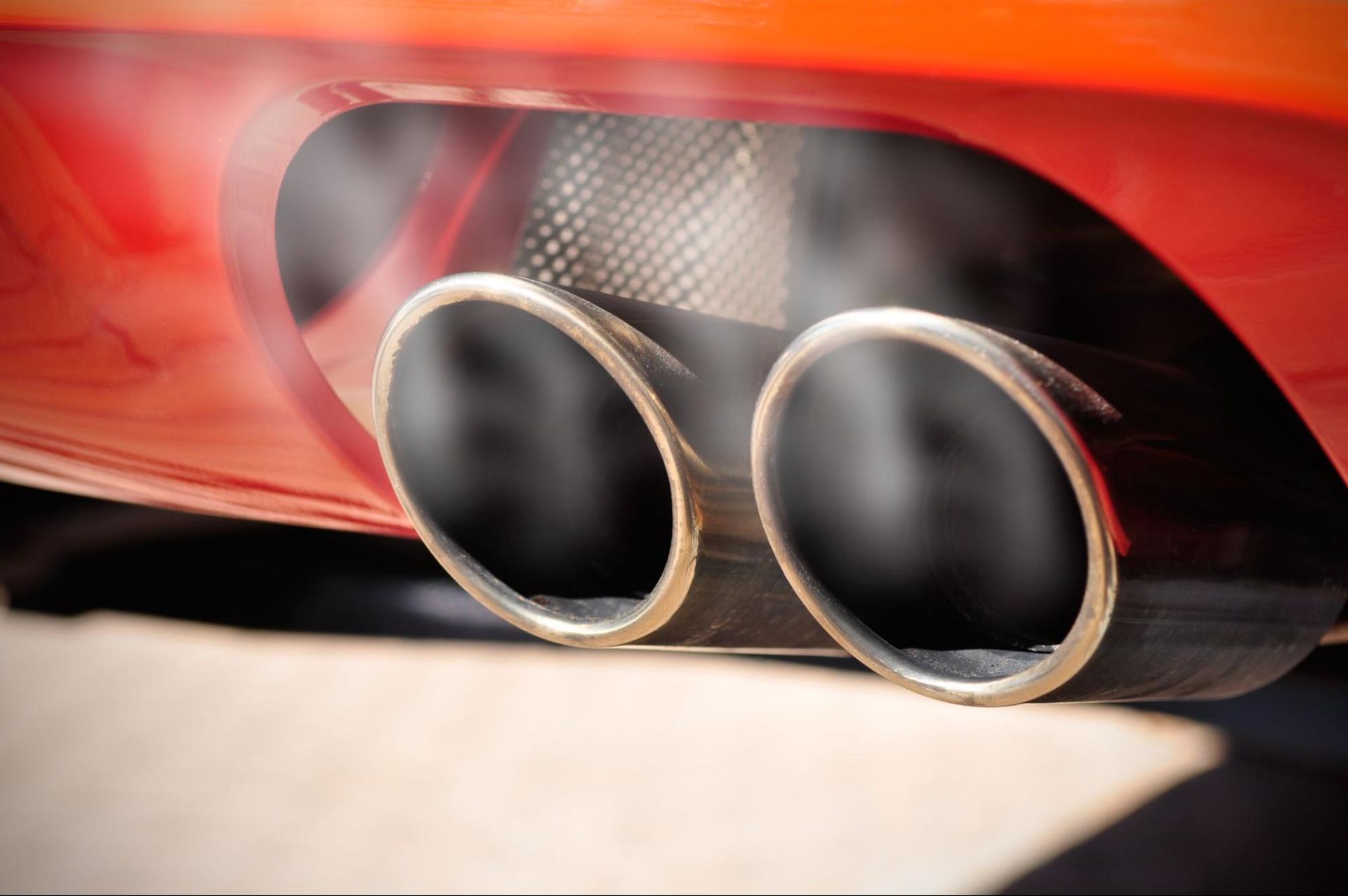

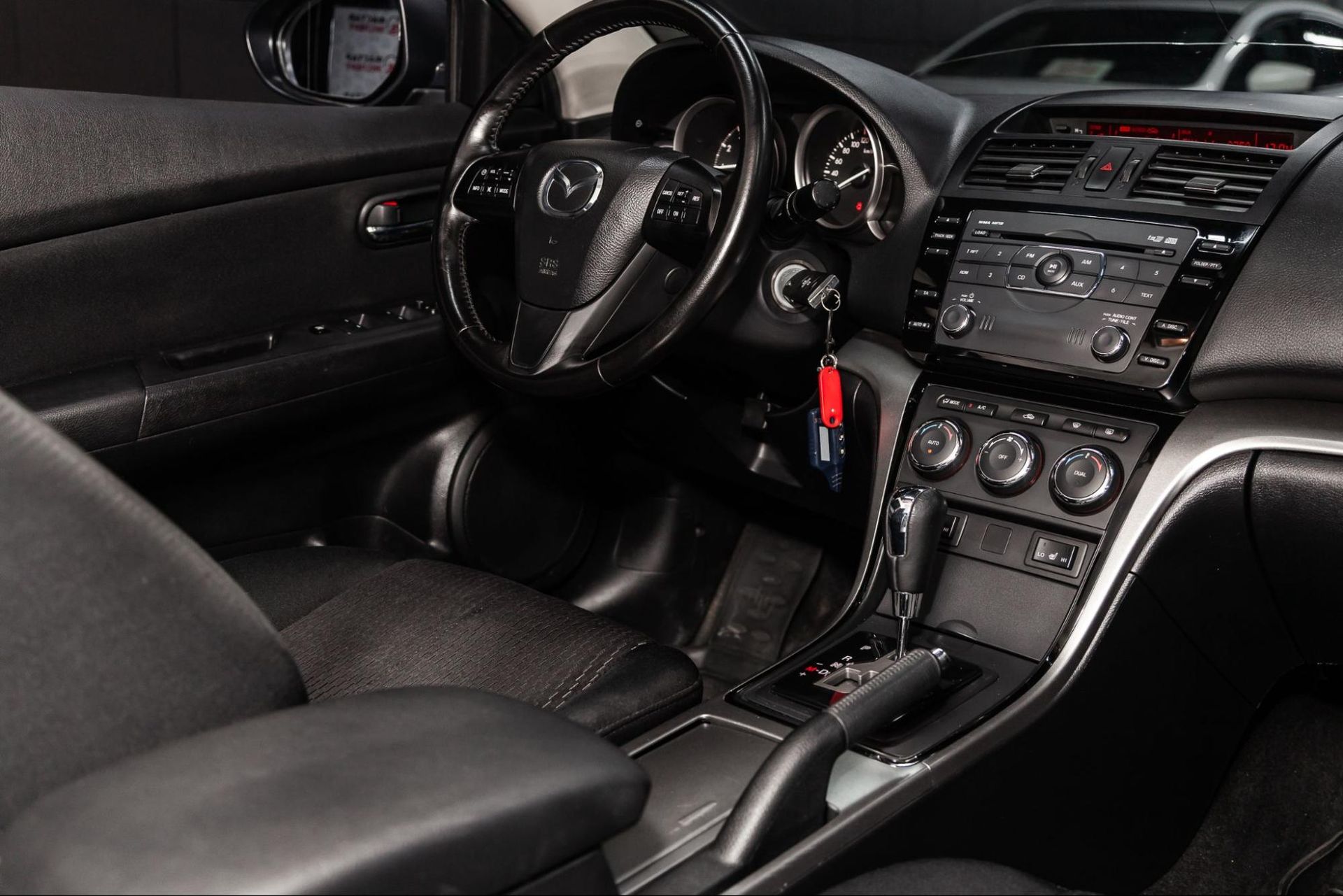



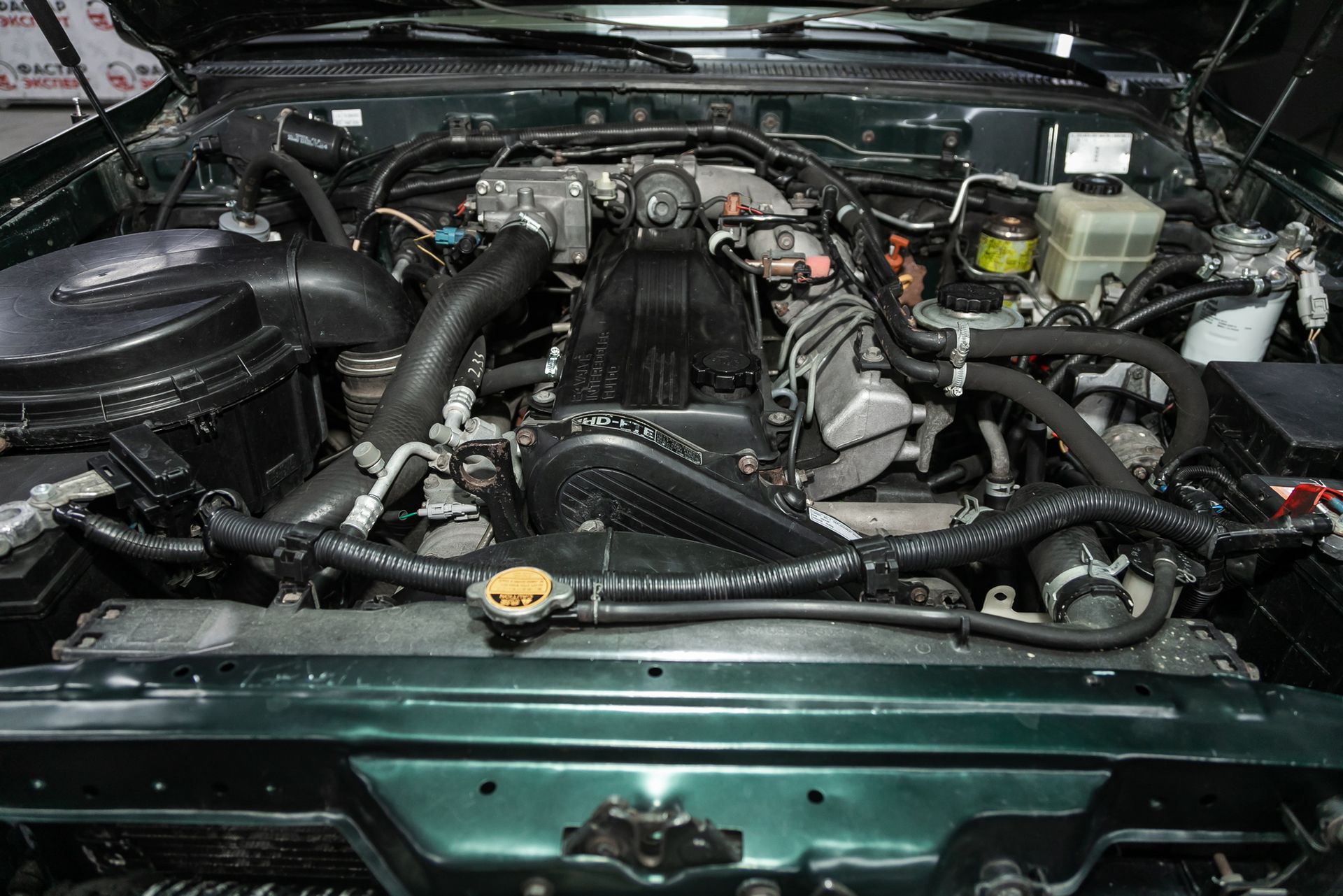

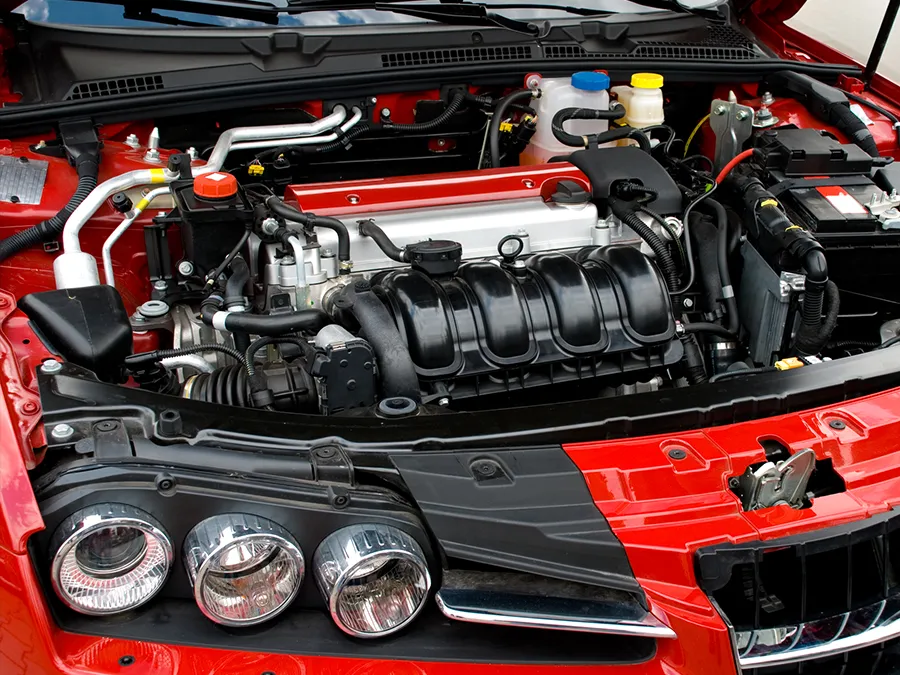
2625 Industrial Park Dr Lakeland, FL 33801 | Mon-Fri 8:30am-5:30pm |
(863) 900-8363
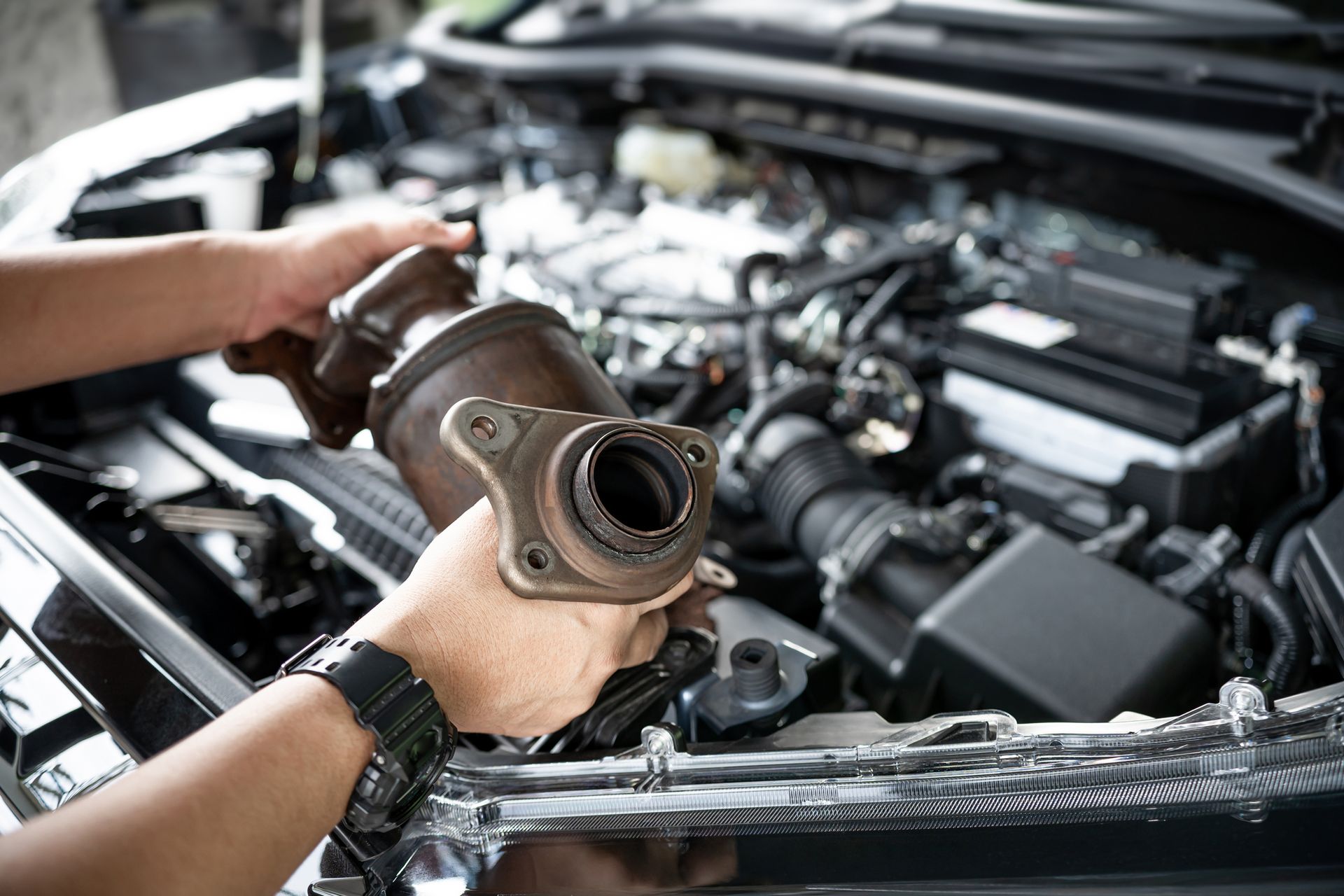
In recent years, catalytic converter issues have been a major cause of dissatisfaction for vehicle owners, resulting in decreased performance, increased emissions, and costly repairs. Understanding the causes of catalytic converter problems is crucial to resolving them. We discuss some of the most typical causes of catalytic converter problems below. When you need catalytic converter repair in Lakeland, FL, call or visit Gibbons Auto Service.
When oil leaks into the combustion chamber and burns with the fuel, it produces poisonous byproducts that can clog the catalytic converter. This accumulation reduces exhaust flow and the converter's efficiency in converting hazardous pollutants into less harmful emissions. Furthermore, burning oil waste can contaminate the catalytic converter's internal surfaces, limiting performance.
Antifreeze in the exhaust can also cause catalytic converter difficulties. When antifreeze enters the combustion chamber and mixes with fuel during combustion, it can trigger a chemical reaction that produces toxic fumes and destroys the catalytic converter.
When the engine runs too hot, the catalytic converter may reach temperatures that exceed its designed operating range, causing damage or failure. An engine misfire, a broken cooling system, or a damaged thermostat can all lead to overheating. Furthermore, transporting heavy loads or driving in inclement weather can raise engine temperatures, putting extra strain on the catalytic converter.
Catalytic converters are often positioned beneath the car, making them prone to damage from road debris, speed bumps, and collisions. Minor hits can dent or tear the converter's casing, limiting its functioning. Rust and corrosion can also weaken the converter over time, causing cracks or holes that allow exhaust gases to escape before being properly treated.










Gibbons Auto Service
2625 Industrial Park Dr
Lakeland, FL 33801
Mon-Fri 8:30am-5:30pm
Copyright 2021